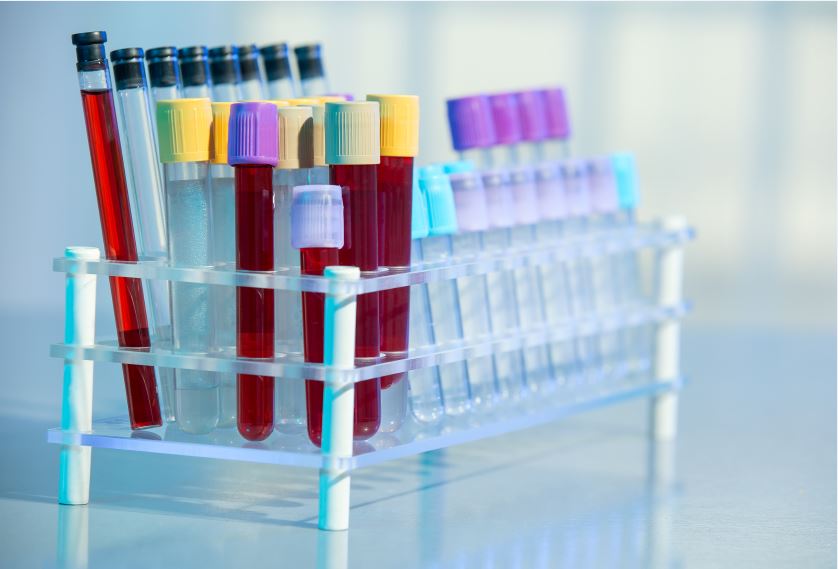A protein circulating in the blood of pregnant women could be used to develop antenatal tests to determine the health of babies and predict the need for emergency care at birth, based on a study conducted by Queen Mary University London (QMUL).
The test conducted in mice and then in a cohort of 129 women, has shown that levels of the blood marker known as DLK1 are a good predictor of foetal growth and pregnancy-related complications. Scientists are considering using this marker as a non-invasive ante-natal screening tool but recommend further studies to consolidate their results.
Doctor Marika Charalambous who led the study explained that this discovery could identify the causes of a small-sized foetus, clarifying whether this is due to a nutrient deficiency in the uterus or simply genetic factors. This precise information will allow obstetricians to plan for any complications on delivery.
DLK1 is a protein that is found in large quantities in the mother’s blood during pregnancy, in humans and rodents. However, its role has not yet been fully elucidated. The study – financed by the Medical Research Council and published in the Nature Genetics Journal – has shown that this protein comes from the embryo. Concentrations in maternal milk could give a direct indication of the biological condition of the embryo.
Moreover, DLK1 levels have proved to be good indicators of foetal weight with low DLK1 levels being linked to reduced foetal growth.
Medical press (24/10/2016)

